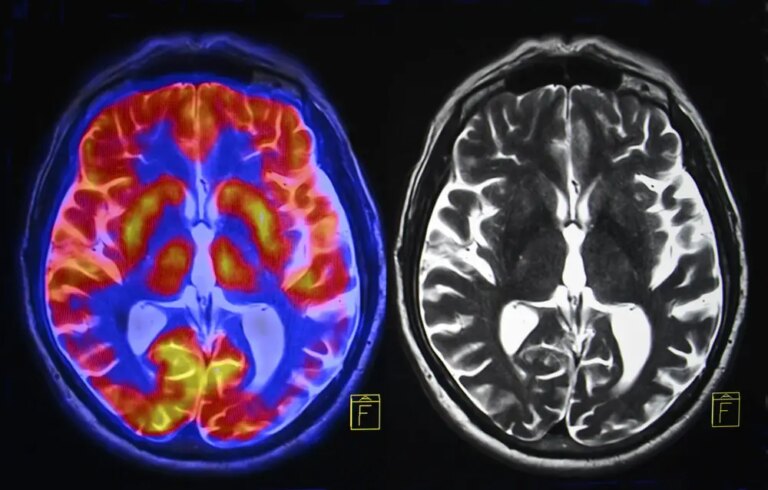Heart attacks rank among the leading causes of death in American women and according to the American Heart Association, heart disease in women frequently remains under-diagnosed and under-treated.
Although chest pain is the most common symptom associated with a heart attack, women need to pay attention to some lesser-known warning signs of a potential heart attack, because early detection of heart trouble is critical.
Often, these subtle symptoms of a heart attack are ignored because women often don’t connect seemingly unrelated symptoms to heart trouble. And many of these start weeks or months in advance but get brushed off as insignificant or irrelevant.
So here’s what you should look out for:
- New, abnormal or unusual fatigue that cannot be explained and seems excessive.
- Sweating, shortness of breath that happens without exertion or worsens when you lie down.
- Neck, jaw, arm or back pain particularly if it begins in the chest and radiates to other locations. This pain can strike suddenly, wake you during the night or come on without physical effort.
I want women everywhere to be their own health heroes. Take your health into your own hands and be proactive.

Here my prescriptions for today:
- Quit smoking. Smoking is one of the highest risk factors for heart disease and can increase your risk of a heart attack.
- Talk with your doctor about your family history. They can assess your risk and may take blood work or order an EKG test to check your heart.
- Live a healthy and active lifestyle. This can lower many of the most common risk factors associated with heart disease, like poor diet, inactivity, obesity, diabetes, high cholesterol and high blood pressure.
- If you have stress in your life, be sure to address it. I personally recommend meditation. Stress can be a contributing factor that increases the risk of a heart attack.
If you experience any of the symptoms I mentioned or others like nausea, indigestion, dizziness, rapid or irregular heartbeat that are accompanied with chest, arm, jaw or neck pain, you might want to seek help immediately or call 911. Especially if these symptoms last longer than 5 minutes.

My Personal RX:
In addition to the recommendations mentioned, I suggest the following steps to further strengthen your heart health and overall wellness. Remember, being proactive is key.
- Download a Free Copy of My Protocol eBook: Gain access to my 50-page step-by-step guide on how to make significant changes in your life. This resource is invaluable for anyone looking to revamp their health and lifestyle habits for the better.
- Incorporate Pure NAC Supplement Into Your Diet: This is a supplement I personally recommend. N-Acetyl Cysteine (NAC) has numerous health benefits, including boosting your immune system and detoxifying your body, which can contribute positively to heart health.
- Adopt a Healthy Diet: Consuming a balanced, heart-healthy diet rich in fruits, vegetables, lean proteins, and whole grains can contribute to good heart health. Limit your intake of salt, saturated fats, and added sugars.
- Exercise Regularly: Regular physical activity can help reduce your risk of heart disease. Try to get at least 150 minutes of moderate-intensity exercise or 75 minutes of vigorous exercise each week.
- Stay Hydrated: Drink plenty of water throughout the day. Proper hydration is essential for overall health, including heart health.
- Get Regular Check-Ups: Regular medical check-ups will help in early detection of any possible heart disease.
- Manage Stress: Adopt stress management techniques such as yoga, meditation, or deep breathing exercises. These can help reduce your risk of heart disease.
- Get Enough Sleep: Adequate sleep is essential for heart health. Adults should aim for 7-9 hours of sleep per night.
- Limit Alcohol: Excessive alcohol consumption can increase your blood pressure and contribute to heart disease. If you choose to drink, do so in moderation.
These recommendations are designed to help you adopt a healthier lifestyle that promotes heart health. Always remember, your health is in your hands, and every little step you take towards healthier living matters.

Copyright 2017 Scripps Media, Inc. All rights reserved. This material may not be published, broadcast, rewritten, or redistributed.











 Subscribe to Ask Dr. Nandi YouTube Channel
Subscribe to Ask Dr. Nandi YouTube Channel









